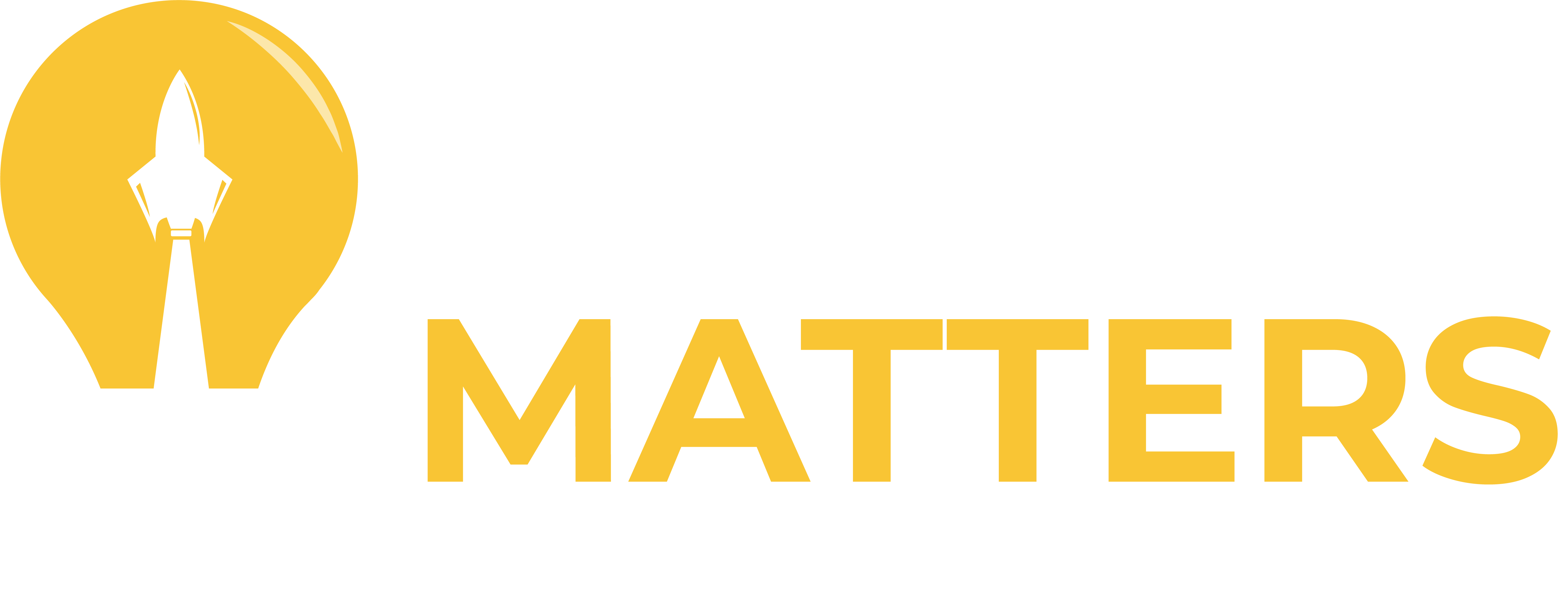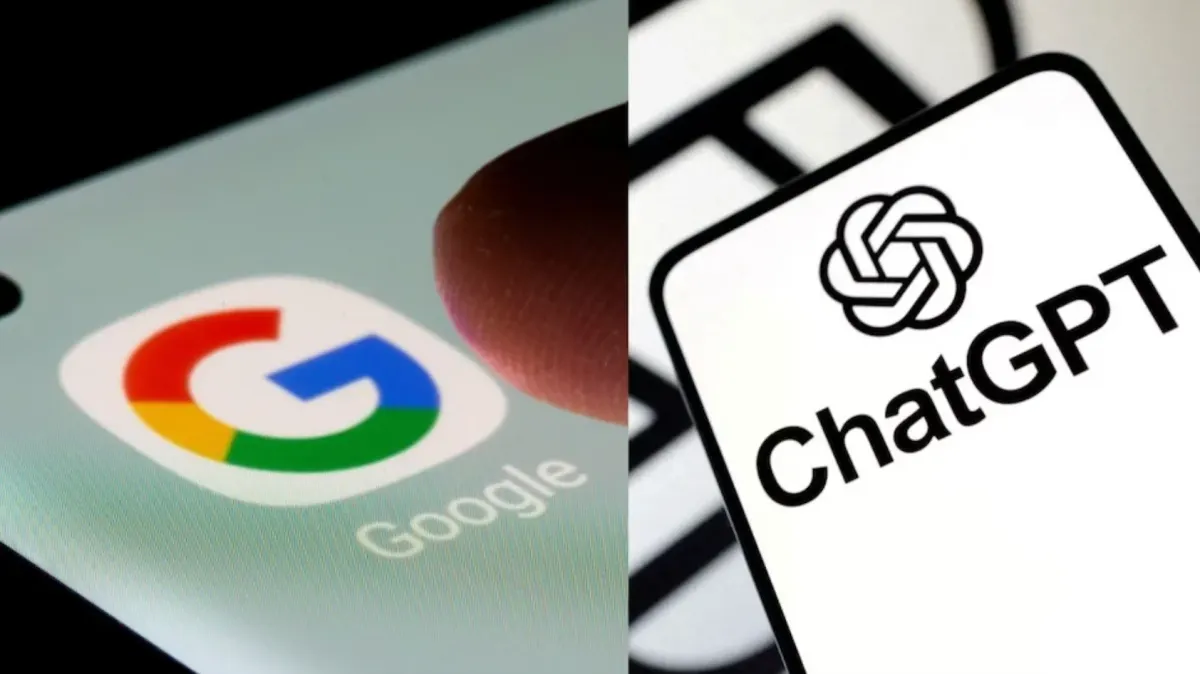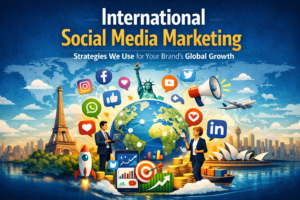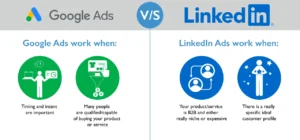Have you ever noticed that when you ask Google AI and ChatGPT the same question about which brands to choose, you end up with two totally different answers? One recommends one set of products, while the other shows a completely new list. Well, you’re not alone, this is something many users experience when exploring AI brand recommendations.
If you’re curious about why Google AI vs ChatGPT don’t always agree and want clarity on how their recommendation systems really work, then you’re in the right place.
And here’s the good part, we’ll uncover what this difference means for businesses, customers, and especially your brand. You’ll also know why SOCIAL MATTERS– best digital marketing agency in Hyderabad, should be your choice for taking your brand into a growth sphere.
THE NUMBERS TELL THE STORY-
Data is where the story begins. According to multiple user surveys, around 70% of customers rely on AI-driven recommendations before making a buying decision. However, when comparing Google AI brand picks versus ChatGPT brand suggestions, the overlap is often less than 50%.
Why? Google AI leans heavily on search indexes, live data, and what’s trending online, while ChatGPT relies more on trained datasets, conversational context, and probability-based predictions. The result? Different answers, even for the same question.
DIFFERENT CITATION STRATEGIES-
One of the key reasons Google AI vs ChatGPT produce different results is the way they cite and pull information.
- Google AI relies on real-time search indexing. When you ask for the best smartphone brands, it scans through millions of updated web pages, reviews, and authority sites to give you an answer. Essentially, it’s referencing what’s fresh and trending.
- ChatGPT, on the other hand, generates responses based on its training data and learned patterns. Instead of “fetching” data, it “predicts” the most logical answer. This means it may highlight brands based on general popularity, user queries, or previously learned preferences rather than breaking news or the latest reviews.
WHEN AI SYSTEMS ACTUALLY AGREE-
It may seem like Google AI vs ChatGPT are always on opposite sides, but that’s not entirely true. There are plenty of cases where both systems align on their AI brand recommendations.
This usually happens in categories where:
- Global leaders dominate the market-For instance, when you ask for the best smartphone brands, both Google AI and ChatGPT will likely recommend Apple, Samsung, or OnePlus. These brands are consistent winners both in search data (Google’s domain) and in historical consumer preference (ChatGPT’s training).
- Products have clear customer trust– In segments like laptops (Dell, HP, Lenovo) or beverages (Coca-Cola, Pepsi), the dominance is so strong that both AIs pull the same names.
- There’s little room for subjectivity– When the question has a straightforward answer like “top-selling e-commerce platforms” (Amazon, Flipkart, eBay), both systems provide overlapping results.
The key here is that agreement happens when market consensus is already established. In simpler words, when the whole world recognizes a few clear winners, both Google AI’s search-driven picks and ChatGPT’s conversational suggestions meet in the middle.
THE REAL PROBLEM-
So, where does the conflict come from? The problem lies in how each AI defines credibility.
- For Google AI, credibility = what’s trending online + website authority.
- For ChatGPT, credibility = learned patterns + balanced reasoning.
This leads to confusion for users. Imagine asking both tools for the best skincare brand. Google might recommend a trending brand with viral reviews, while ChatGPT may suggest long-established names that dominated historically. The difference can create uncertainty for businesses who are trying to build trust and visibility.
WHAT IT MEANS FOR YOUR BRANDS?
If you’re a brand owner or marketer, these differences are not just random quirks but they’re signals. AI brand recommendations directly influence customer decisions. If your brand isn’t showing up in Google AI’s picks, it means your SEO and online presence need work. If it’s missing from ChatGPT brand suggestions, then your brand may not yet be part of the broader learned customer conversation.
That’s why businesses need a balanced digital strategy. You can’t just optimize for Google anymore but you need to consider how conversational AI like ChatGPT perceives your brand as well.
SOME INTERESTING FACTS & RESEARCH
- A 2024 survey by Business Insider revealed that 58% of users trust AI brand picks more than advertisements.
- Research also showed that over 65% of ChatGPT users asked it for buying advice at least once a month.
- Meanwhile, Google AI-driven searches for brand recommendations grew by 40% in the last year.
The overlap? Customers now check both tools before making a decision. That’s how big the influence of AI has become in shaping brand perception.
FAQs-
- Why do Google AI and ChatGPT give different brand recommendations?
–Because Google uses real-time search data, while ChatGPT generates answers based on past training and context.
- Which one is more reliable: Google AI or ChatGPT?
–Google is great for updated results, while ChatGPT provides a broader conversational perspective.
- Can brands influence these AI recommendations?
–Yes. Strong SEO, customer engagement, and digital presence help with Google AI, while brand reputation and conversational mentions influence ChatGPT.
- Should I use AI recommendations when shopping?
–Yes, but always cross-check with reviews and customer experiences for the most reliable decision.
CONCLUSION-
At the end of the day, the reason Google AI vs ChatGPT don’t agree on AI brand recommendations comes down to their different data sources and methodologies. One leans on real-time search, the other on trained conversational data. Together, they highlight just how complex and exciting the world of AI-driven buying decisions has become.
And if you’re looking to make your brand stand out in this AI-driven digital world, SOCIAL MATTERS-best marketing agency in Hyderabad is just the place for you. We provide services such as SEO, social media marketing, content creation and marketing, website development, photography and videography, etc. Contact us today!
FOLLOW US ON INSTAGRAM!








